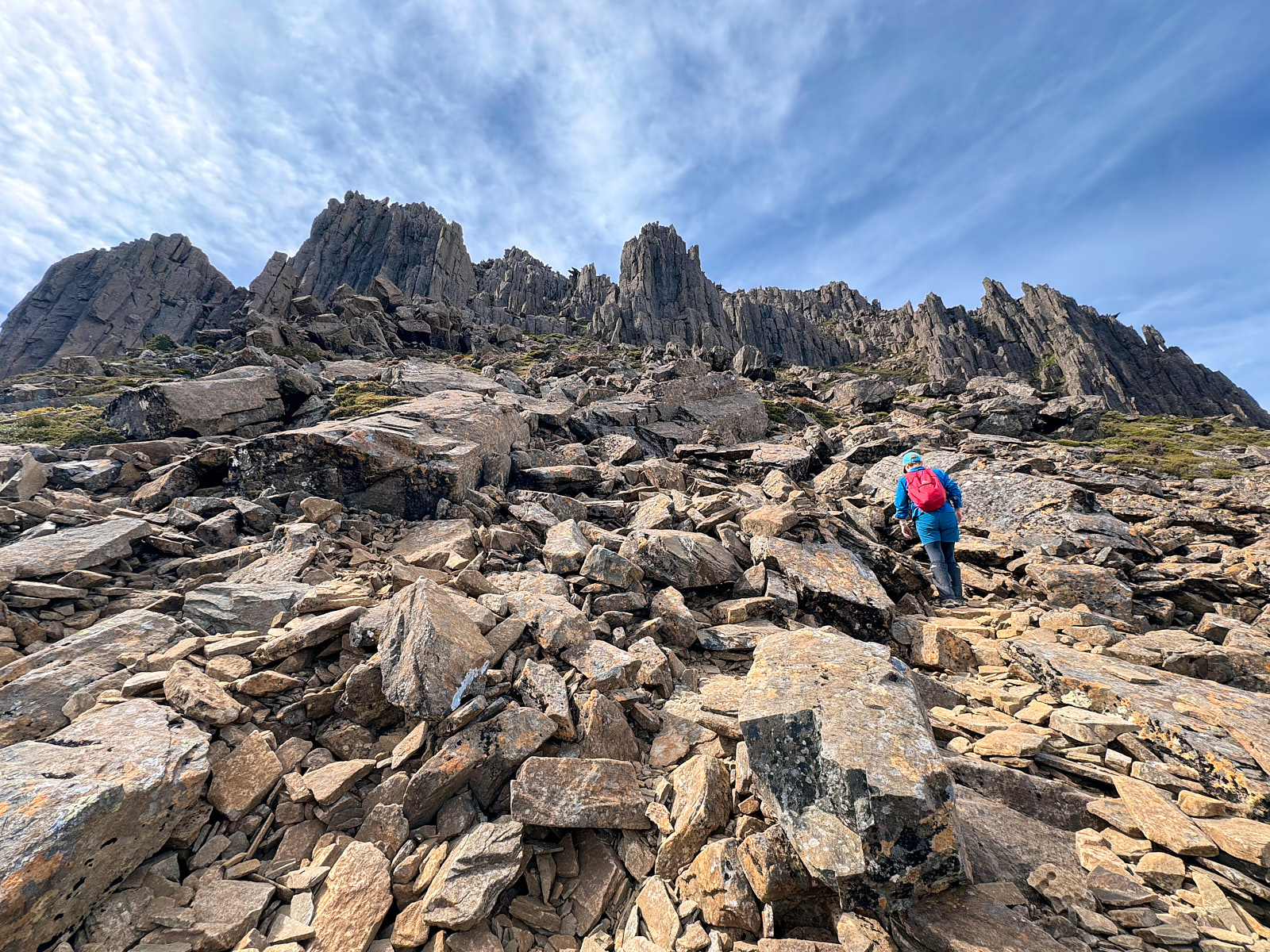In their ground-breaking book The Extraordinary Leader*, John Zenger and Joe Folkman demonstrate the enormous difference in effectiveness between extraordinary leaders and their ‘average’ counterparts. Translated into our language of emotional health, they show that emotionally healthy leaders at level 3 or higher – those making up the top 20 per cent of leaders – provide over 2000 times better returns on investment.
Zenger and Folkman also show just how difficult it is to pin down what differentiates extraordinary leaders from the rest. ‘There are a significant number of unknowns,’ they write, ‘and many of them are constantly changing.’ They go on to describe no less than 15 variables that contribute to leadership effectiveness. As the world becomes more complex, so too does the nature of these variables.
All of which makes the idea of leadership development that much more challenging. If leadership is so complicated, where do we start in developing leaders to be more effective within an organisation, a community, a region or even a nation?
What we know is that the answer lies in vertical development, a field in which Global Leadership Foundation has been instrumental in measuring and sharing with clients, sectors and communities for the past 15 years.
Vertical development is about developing more complex and sophisticated ways of thinking, greater wisdom and clearer insights. It contrasts with more traditional ‘horizontal’ development that focuses on skill building, typically around areas such as conflict management, facilitating effective meetings, managing priorities and so on.
While competencies such as these will always have value, they are not enough on their own for leaders who want to be as effective as possible.
As we write in our own book, Working with Emotional Health and the Enneagram:
‘[Horizontal development] often doesn’t take the personal side into account. It assumes the people engaging in the learning have the capability and mindset, and the right environment, in which to implement those skills. And it often fails to consider that the person doing the learning does not operate in isolation: that they will need to involve others in any changes they want to make, that those changes will affect others, and that those changes will also be affected by other change occurring around them.’
Vertical development, in contrast, is based on levels, or stages, of thinking, feeling and behaving. It involves gaining the new perspectives and leadership mindsets needed to make strategy (in organisations, communities, regions and nations) work.
Vertical development focuses on the individual as a person, along with that person’s interactions and impact with others. It’s about building our ability to comprehend and let go of limits on our thinking and perceptions, and in doing so more genuinely relate to and engage with others and the wider world around us.
As we’ve explored previously, great leaders are authentic and willing to be vulnerable. They are comfortable dealing with ambiguity and able to make effective decisions even when they don’t have all the information.
They have the ability to listen strategically, tuning into not only what is happening in their immediate environment, but also in the world at large. They truly collaborate and influence in ways that ensure benefit beyond their own organisations – to their communities, society and the planet. And they never lose sight of the need for self-carein order to nurture their emotional health.
These are all leadership characteristics that can’t be learnt as ‘skills’; they are built and strengthened through vertical development.
In short, and what we know from our own work – and which is reinforced by Zenger and Folkman – is that great leadership derives from leaders gaining a better understanding and appreciation of themselves and the impact they have on others, as opposed to simply building up a list of discrete skills.
Vertical development lies at the heart of building emotional health. It is now the focus of much of the global leadership community as it aligns with and supports the whole perspective of living and leading sustainably through initiatives such as the Sustainable Development Goals and Inner Development Goals.
Gayle
* Re-released in 2019 as The New Extraordinary Leader

